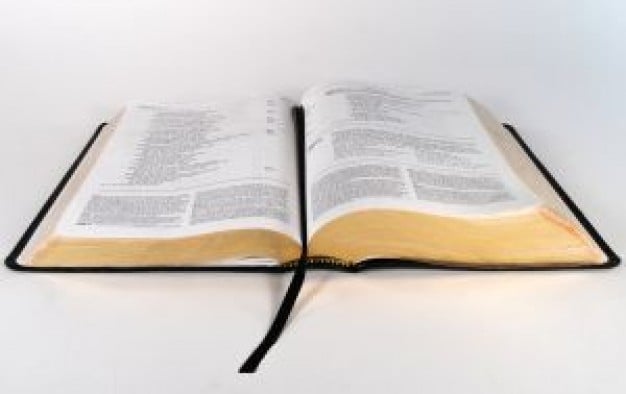Traditional words “dying out”
 Language is constantly evolving, so it’s quite natural that certain words will be replaced and updated. When you read Shakespeare, for example, there is often an index of words to refer to since they are no longer in use today. A new survey has found that text speak is diminishing the usage of such traditional British words. The study of 2000 adults was carried out to mark the launch of Planet Word, the book which accompanies the series of the same name.
Language is constantly evolving, so it’s quite natural that certain words will be replaced and updated. When you read Shakespeare, for example, there is often an index of words to refer to since they are no longer in use today. A new survey has found that text speak is diminishing the usage of such traditional British words. The study of 2000 adults was carried out to mark the launch of Planet Word, the book which accompanies the series of the same name.
J.P. Davidson, the author of Planet Word said: ”This could be viewed as regrettable, as there are some great descriptive words that are being lost and these words would make our everyday language much more colourful and fun if we were to use them. But it’s only natural that with people trying to fit as much information in 140 characters that words are getting shortened and are even becoming redundant as a result.”
The book lists a top 20 of the unused words.
1.Bally: A word from 1885 – a euphemism for bloody
2.Laggard: An 18th Century word to describe someone who lags behind or responds slowly
3.Felicitations: To express congratulations
4.Rambunctious: Boisterous or unruly
5.Verily: From Middle English, simply means true or in truth
6.Salutations: A welcome greeting
7.Betwixt: Originated before 950, and means neither one nor the other
8.Lauded: From the Latin laudāre, to praise
9.Arcane: Known or understood by very few
10.Raconteur: A person skilled in telling stories, originated in the 19th Century, from the French verb, raconter, to tell. Most known now from Jack White’s band, The Racounteurs
11.Cad: An ill-bred man, originates from 19th Century, derived from the word Caddie
12.Betrothed: The person to whom one is engaged
13.Cripes: An expression of surprise
14.Malaise: A vague or unfocused feeling of mental uneasiness
15.Quash: To put down or suppress completely; quell
16.Swell: Originates before 900 from the Middle English verb swellen, meanings include the verb to inflate and an adjective which describes if something is excellent
17.Balderdash: From the 1590s, it was originally a jumbled mix of liquors (milk and beer, beer and wine, etc.), before being transferred in 1670s to ‘senseless jumble of words’
18.Smite: To strike, deal a blow
19.Spiffing: From the word spiff, meaning well-dressed, means superb
20.Tomfoolery: Foolish behaviour
Are there any words you’d like to see banished to history?
